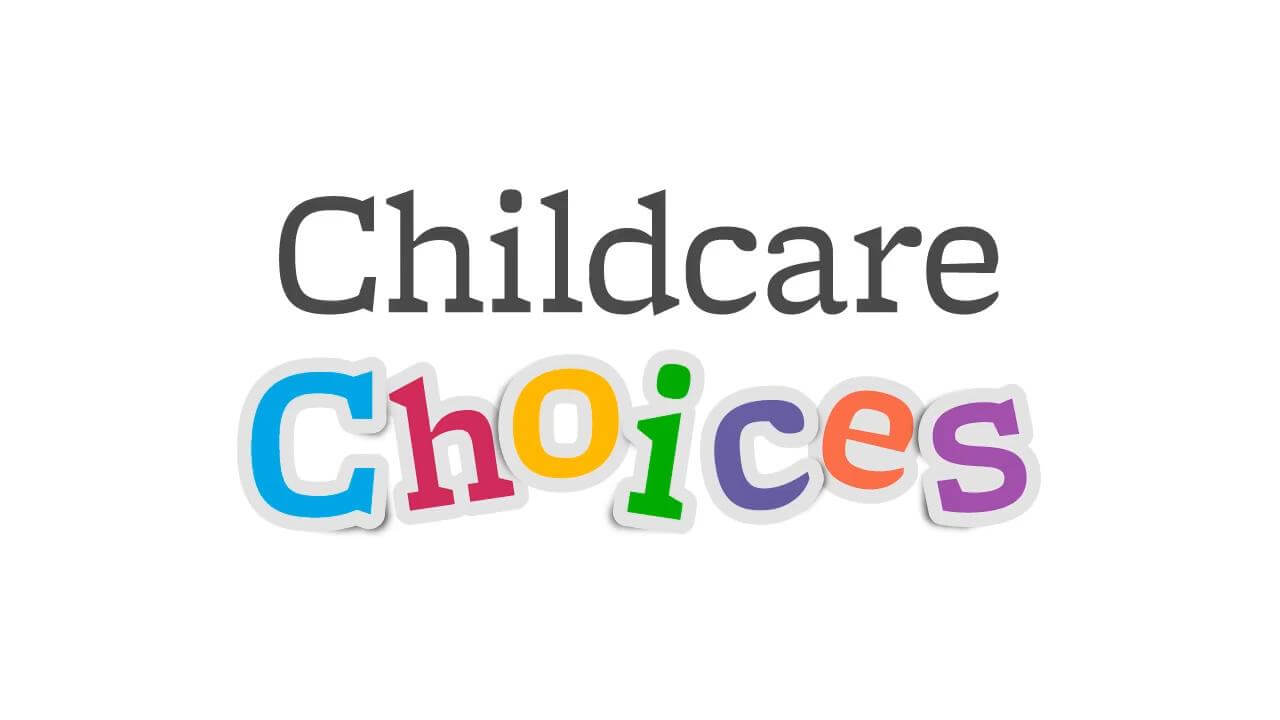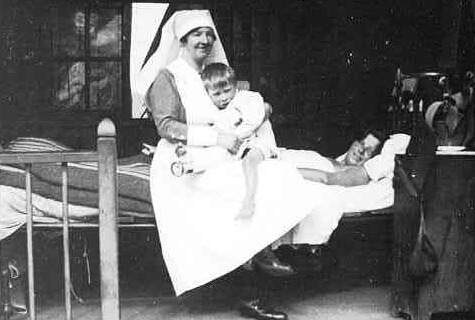The world is full of contradictions and here is a BIG one. I recently read in the Financial Times that the global management consultants, McKinsey & Company earned a whopping £560,000 for giving ‘vision’ to a new English pandemic body.
Apparently, McKinsey is not the only consulting firm to have been retained by the Government during the COVID-19 crisis. Accounting and consulting firm, Deloitte was appointed to manage PPE procurement for hospitals and supporting testing sites but was criticised for a series of administrative errors and delays in providing the kit. By the beginning of June, around 30 contracts worth a combined £34m had been awarded to consultants relating to COVID-19 projects. PwC was the largest single beneficiary: that month it had been contracted for nearly £10m of financial advice to the Cabinet Office and the British Business Bank.
Down the road from these consultants’ offices we are running two holiday clubs and two food banks funded by our COVID-19 fundraising efforts for our more disadvantaged children. These are the children who did not meet the “vulnerable” criteria during lockdown but are what we consider to be at risk and in need of a lot of support – especially having spent the last five months living in high risk families. They are among the 705,000 children who live with parents’ dependent on alcohol, the 130,000 children who live in families damaged by domestic abuse or the 17,000 children living with parents with a severe and enduring mental illness. The others are from the 4.5 million children living in poverty with their families going without the necessities of life because they have insufficient money to meet the basic needs (month on month) despite 70% of them working.
Many of the children who attended these holiday clubs arrived hungry, in need of school shoes and their parents were worried about how to afford their new school uniforms. It also took them a while to get used to eating traditional food as most of the children were used to eating cheap processed food, high in fat, sugar and salt.
Poverty and obesity make a perfect pairing and the numbers reflect this. Despite writing at least three letters to the various Government departments, our plea that those families could claim Free School Meal Vouchers was rejected. Even the golden touch of Manchester United footballer, Marcus Rashford could not penetrate that intransigence.
The cost of the holiday club is one tenth of the McKinsey bill but it paid for 60 children to have a fun for the month. Activities included football coaching, dance, hoop ball, movement, yoga & meditation (designed to help children regulate their emotions and feelings), speech & language activities, music and reading. In addition, these children are being taught how to cook healthy meals along with their parents and given a special Meal Pack to take home which includes simple recipe cards and all the ingredients to cook a healthy meal together.
Given we know how a high-quality Early Years education makes a significant difference to the life chances of disadvantaged children, one has to ask why do we have a policy that has been underfunded from its inception? The last research update from Ceeda, confirmed the funding deficit at £662 million. Maybe the Government doesn’t believe the international research including that from Nobel winning economist, James Heckman?
Perhaps, they want further confirmation from one of the Big Four or ask one of their cronies?
Poverty produces the greatest social and economic equity with manifold negative outcomes for everyone. For families with children already living on a low income, the COVID-19 crisis has stretched them to their limit. Left unaddressed, poverty can also alter the trajectory of a child’s entire life and they are more likely to develop mental health issues, become overweight or obese, and die early.
In response to the comments on the recent Scottish Government’s annual progress report on child poverty, the CPAG argued for urgent and immediate action to shore up the family finances that are the foundation on which social renewal can be built and progress toward the 2030 child poverty targets achieved.
As a country, we need to agree what the post COVID-19 future will look like for children – yet the picture already painted is dark and uncomfortable. Recession, economic meltdown and depression are words we hear but we have a duty to build in hope.
Children are our hope and we are foolish, unkind and unwise not to invest in giving them a chance. Let’s not allow the Government to waste millions of taxpayers’ money paying already rich organisations for action that will build neither hope nor sustainability. Every spare penny we have needs to be redirected to resolve the Early Years funding deficit including redistributing funds to those children who need the additional support so they can be part of building a hopeful future.


